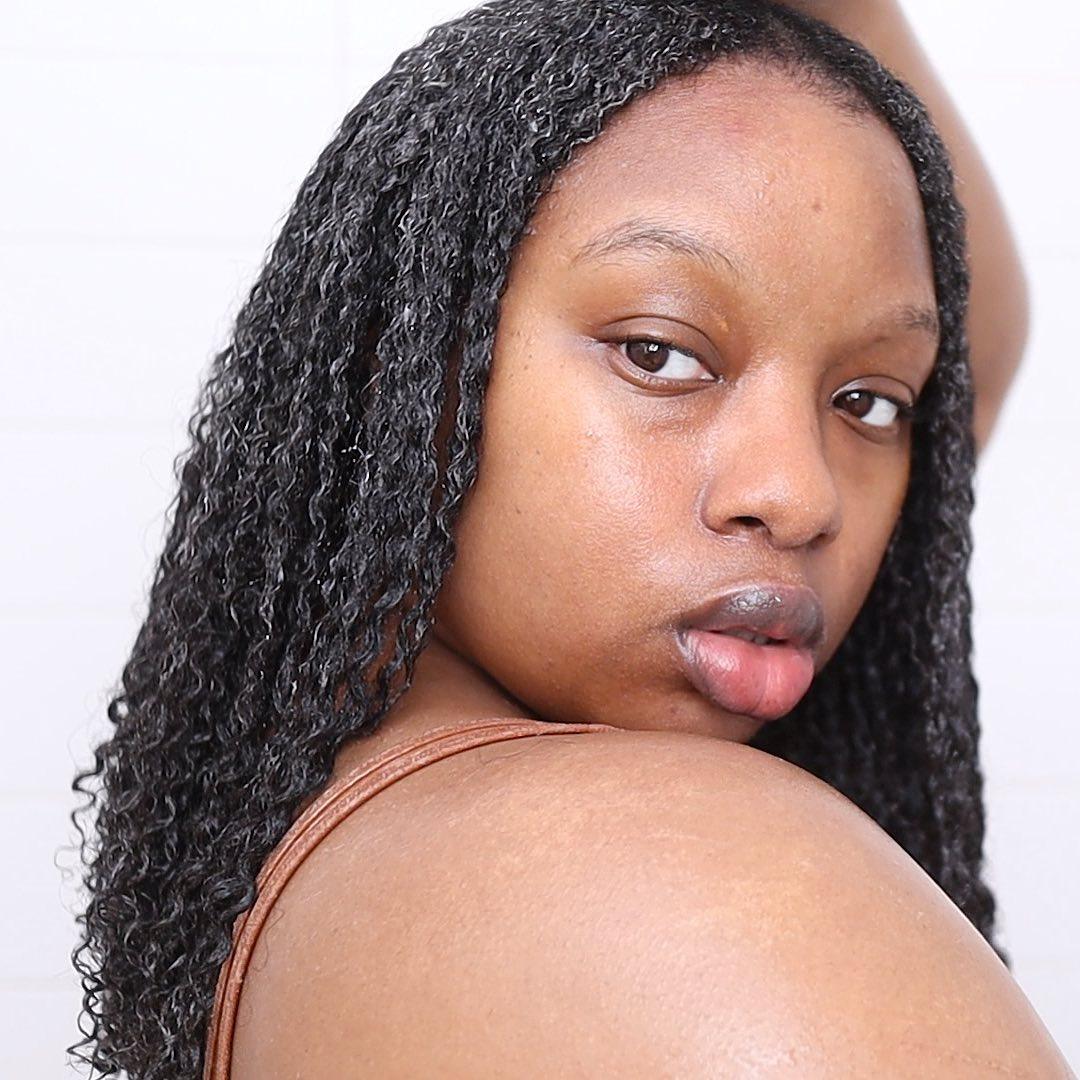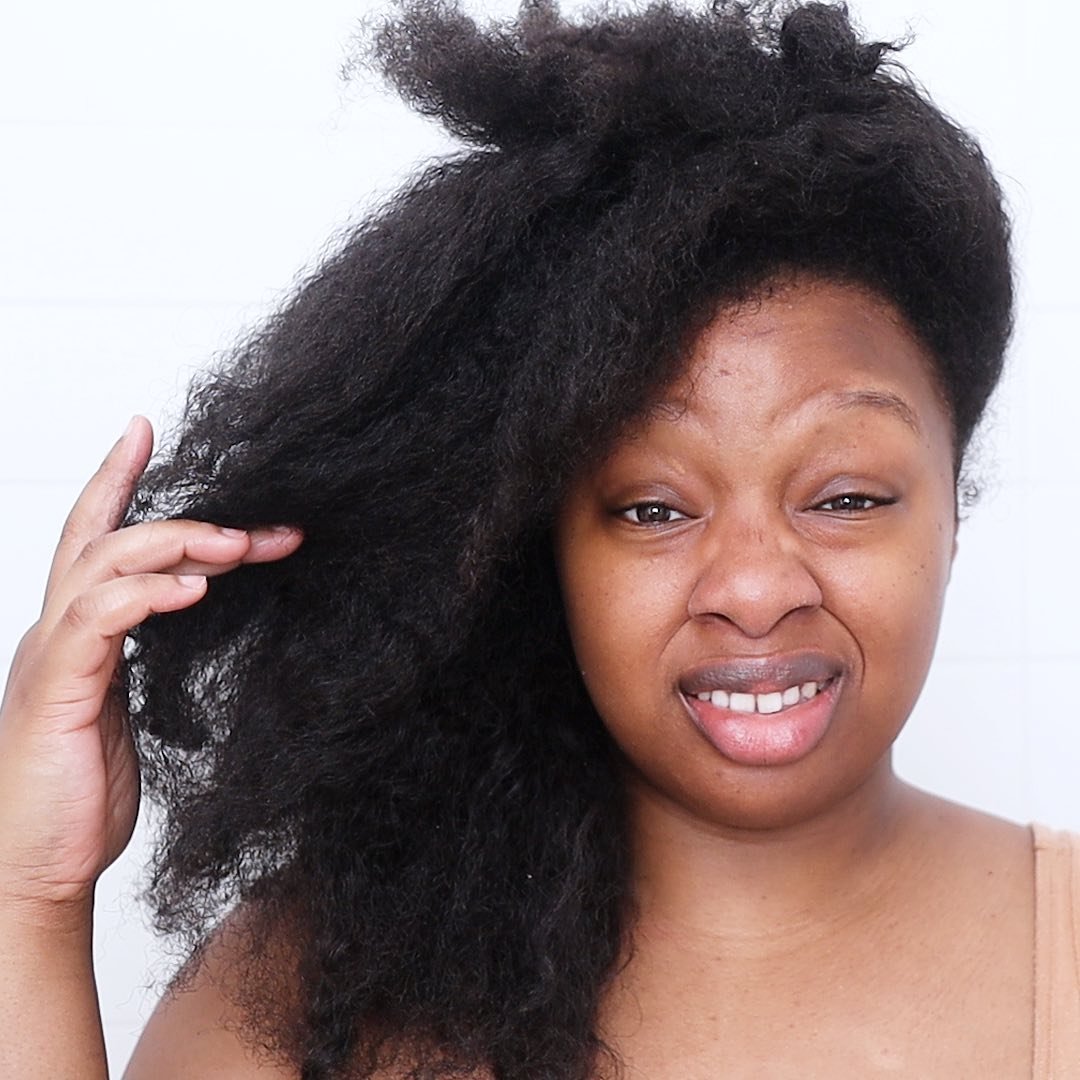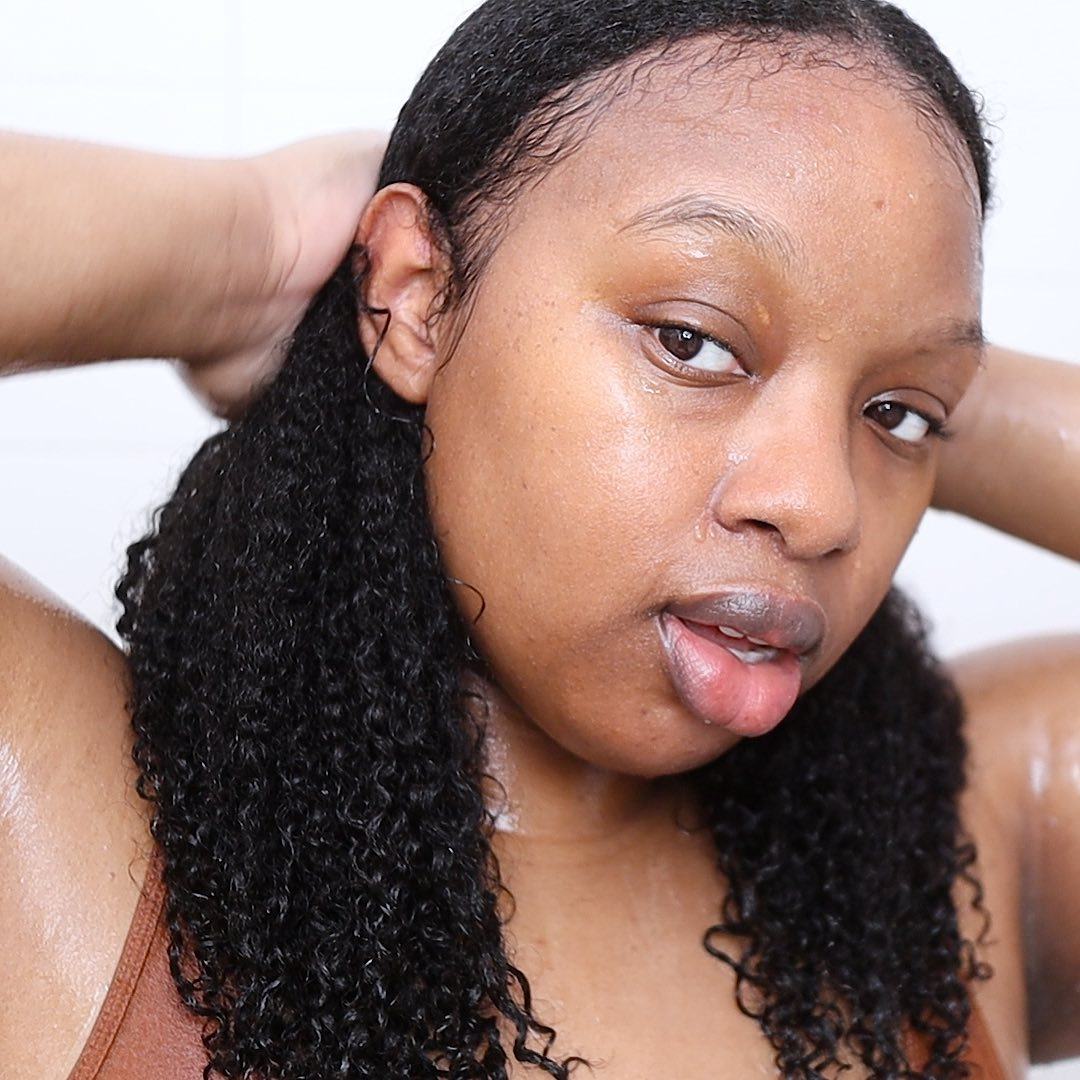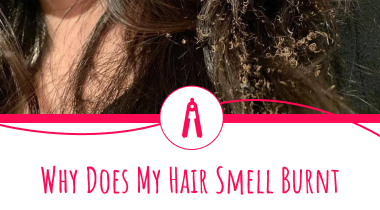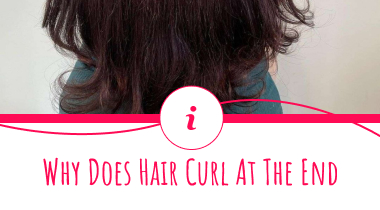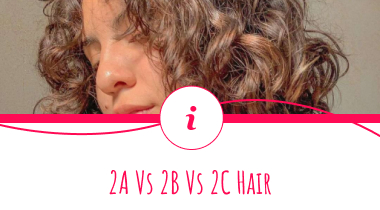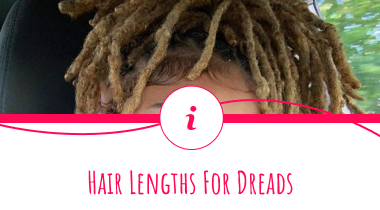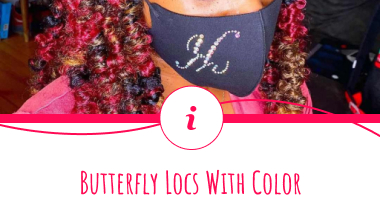How to Co-Wash Natural Hair: Step-By-Step Guide
Co-washing is a term you have surely heard a lot recently, especially if you follow beauty and style influencers. If you think your hair will benefit from this technique, then chances are you are right!
Let’s start by covering the basics of understanding co-washing, how to co-wash natural hair, and other questions you may have.
Co-washing natural hair is very simple. All you have to do is fully wet the hair, massage in a generous amount of conditioner like shampoo, and then rinse it all out. Then, you can just use your conditioner as you would normally or spray leave-in conditioner after your shower.
What Is Co-Washing?
Before we get into the answer to how to co-wash natural hair, let’s start by understanding just what this technique is. To keep it simple, co-washing is when you replace shampoo with a cleansing conditioner in the shower.
This conditioner should do the job of the shampoo, so to cleanse the hair, as well as its original function which is to hydrate hair and help it retain moisture.
As you probably know, conditioners are designed to be thick and dense, to achieve a maximum effect in a few minutes before the liquid is washed out.
Therefore, they are packed with nutrients and other ingredients that are designed to benefit your hair and scalp. When you utilize co-wash for natural hair, the conditioner will help repair dry and damaged hair as well as coating it with a protective layer to prevent future damage from factors like UV rays and pollution. It also gives your hair a smoother and shinier look.
Is Co-Washing Good for Natural Hair?
As with any beauty method, there is a variety of advantages as well as some disadvantages to applying this technique to your hair. Let’s get into the main ones.
Co-washing advantages
Moisture
The primary benefit of co-washing and especially co-washing natural black hair is the added moisturization. Most shampoos are designed to fully strip the scalp of its natural oils, which is great for preventing oily hair but it also takes all the moisture away.
Replacing shampoo with conditioner as part of co-washing helps you retain all your natural moisture as well as adding some on top.
Prevents Dandruff
Dandruff usually appears as a side effect of using irritating products that dry the scalp and cause it to flake. But as we already know, conditioners are designed to be extra moisturizing so you won’t have to worry about this product being harsh on your scalp.
Although it isn’t a 100% guarantee to stop dandruff, it will definitely take care of that itchy scalp and soothe the skin.
Reduces Breakage and Split Ends
The main culprit of hair shedding, breakage, and split ends is usually the hair lacking moisture. Super dry hair is highly fragile and breaks easily which, for the most part, can be prevented by co-washing.
Conditioner really absorbs into your hair and retains moisture while giving your locks a beautiful look. This is another one of the main reasons why you should be co-washing natural black hair.
Reduces Knots and Tangling
This advantage applies to all the people with curly locks like me, who spent loads of time after a shower detangling hair. Natural black hair is also prone to single strand knots which are a huge hassle to undo.
By moisturizing hair and making the strands sleeker, co-washing helps prevent the formation of knots and tangles, so you can cut down majorly on detangling time.
Restores Curl Pattern
Along with all the other points mentioned above, this is another one of the benefits of co-washing black hair. If you notice that your curls are losing their definition and wave pattern, then it’s time to start co-washing.
Using conditioner as shampoo will bring major moisture into your hair care routine which can help bring out those curls and define their shape. Your curls will never hold their shape without moisture, so bring life to those locks with co-washing.
Saves Money
Although this isn’t as huge of a benefit as the others on the list, it’s still something I want to mention. By using only one product, you will save money, shopping trips, and space in the shower.
It can also lessen your environmental footprint, as you will use less water and less product, therefore also less plastic.
Co-wash disadvantages
There really aren’t too many disadvantages to this technique. But, if you have fine and thin hair then this isn’t the technique for you. The thick conditioner can weigh down your hair strands and put pressure on the scalp.
It should also be mentioned that this technique shouldn’t fully remove shampoo from your hair care routine, as sometimes the scalp and follicles need a deep shampoo cleanse.
How To Co-Wash Natural Hair?
- Start by making sure all your hair is soaking wet with warm water. Try to section the hair into equal sections. You don’t have to use a clip or anything, this is just a tip to help coating with conditioner easier.
- Next, pour out a generous amount of conditioner onto your palm, the amount you think will cover your entire head.
- Start applying the conditioner to your hair and lathering it into the strands. Make sure you have stepped away from the water to avoid washing the product out without having an effect. Coat all your hair and really make sure you have covered every single strand from the root to the end. If your hair is in sections, this step will be much easier.
- Now that it’s lathered on the hair, massage the conditioners onto your hair and scalp to really cleanse it. Don’t use your nails, otherwise, you may damage your scalp, be gentle.
- Let this sit on your hair for about 10-15 minutes, then rinse out well. Make sure all the product is gone before you step out of the shower.
- Voila! You are done. Remember to use shampoo (preferably clarifying) at least once a month! Also keep in mind that there is no special routine on how to co-wash 4c hair, it’s the same technique just less frequently! Now, the logical next question is how often to co-wash natural hair, so let’s dive in.
How Often to Co-wash Natural Hair
The ideal timing is to co-wash natural at least one or two times a week. Or, just apply the technique in the shower as you normally would with shampoo, and that can be more or less than the above-mentioned schedule.
It really depends on your hair type, for example, I know my 4C girls shampoo only twice or thrice a month so don’t feel the need to increase your wash days just to co-wash!
However, I would recommend using regular shampoo at least once a month to avoid the build-up of conditioner and oils on the scalp.
FAQs
Should I wet my 4c hair every day?
Yes, you should! You don’t really have to, but it will help keep the hair moisturized and fresh.
Can you co-wash with any conditioner?
There are conditioners designed especially for cleansing and co-washing and these are the ones you should use. Regular conditioners can lead to product build-up so invest in a high quality co-washing conditioner.
Is co-wash good for natural 4c hair?
It’s actually highly recommended for 4C hair, and this is the hair type that will benefit most from this technique. 4C hair tends to break, feel dry, and look dull so a co-washing routine will surely revive this beautiful curl pattern.
Conclusion
Co-washing is a hair care step I always recommend my clients add to their beauty routines. Unless you have finer hair, you will surely benefit from this technique of washing hair.
It will rehydrate your hair, keep it moisturized, and make your curls pop! What is your personal experience with co-washing, is it something you do often? Make sure to let me and the readers know in the comments!
Also read:
- 7 Best pH Balanced Shampoos
- How Often Should You Wash Natural Hair
- Best Co-Wash Conditioners For Relaxed Hair
- Curling Iron Vs Flat Iron
- Why Does My Hair Smell Burnt
- Can You Use Regular Conditioner as Leave in Conditioner
- Why Does My Hair Curl at the End
- Coconut Oil Ruined My Hair
- How to Moisturize 4C Hair
Table of Contents
ToggleAllyson Carter
Ally is a professional hairstylist with more than 6 years of experience, but hair has been her passion since early childhood. Here, at Hair Spies, she blogs about all things hairdressing, hair tools, and everyday hair care. Read more about Allyson here.
